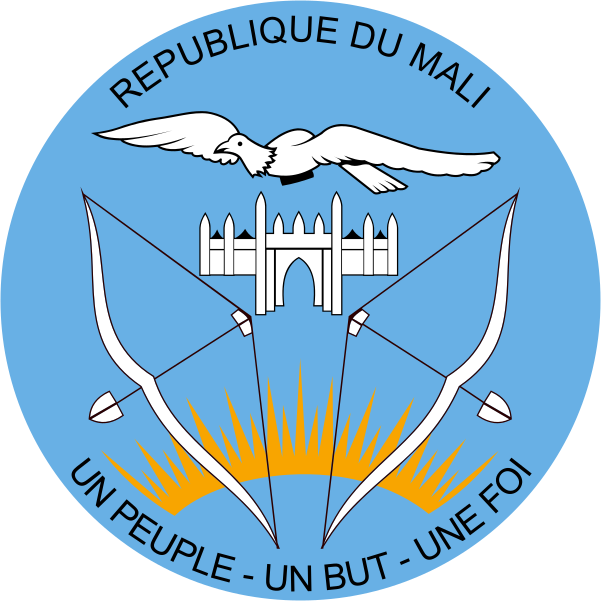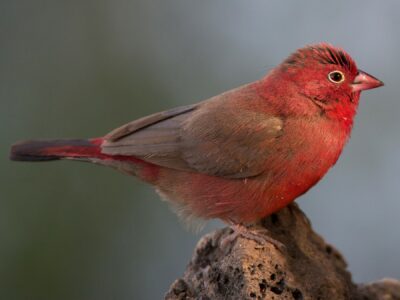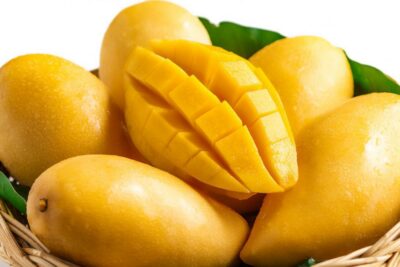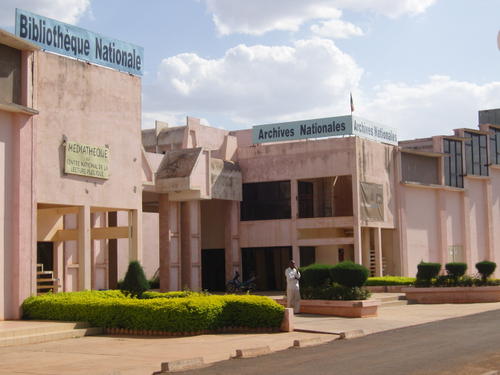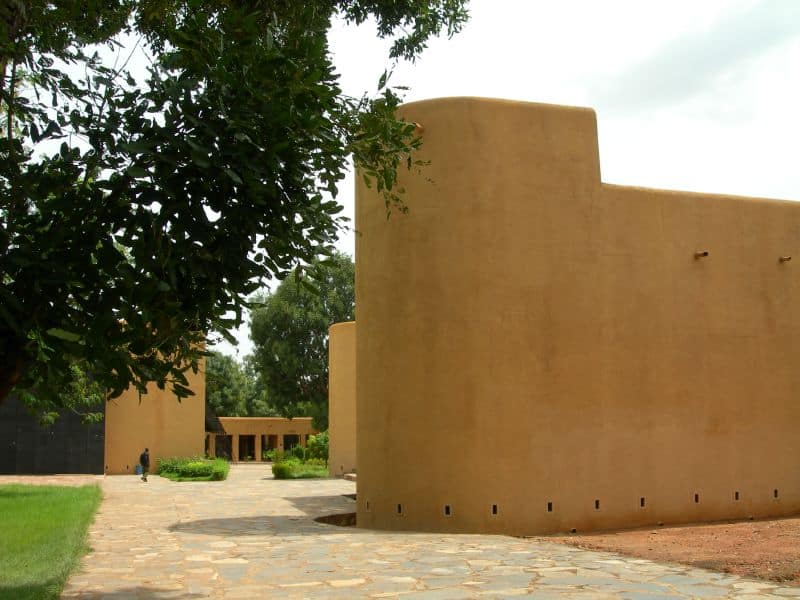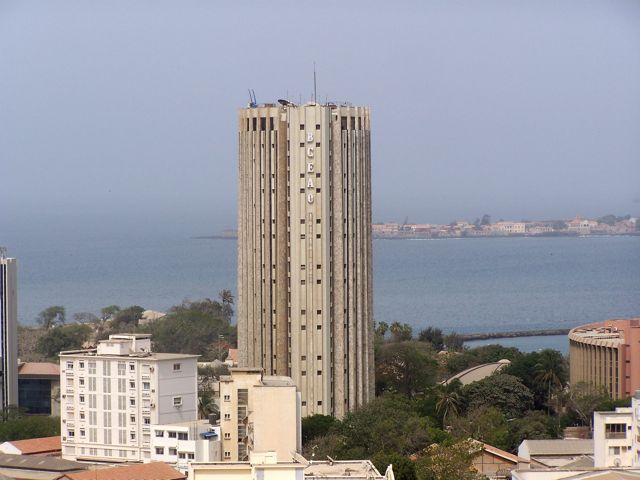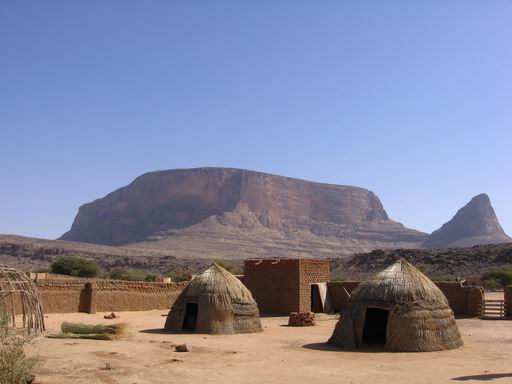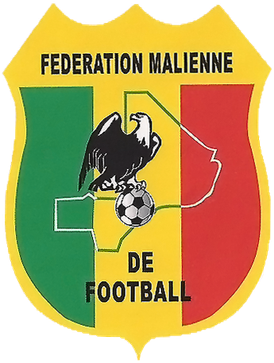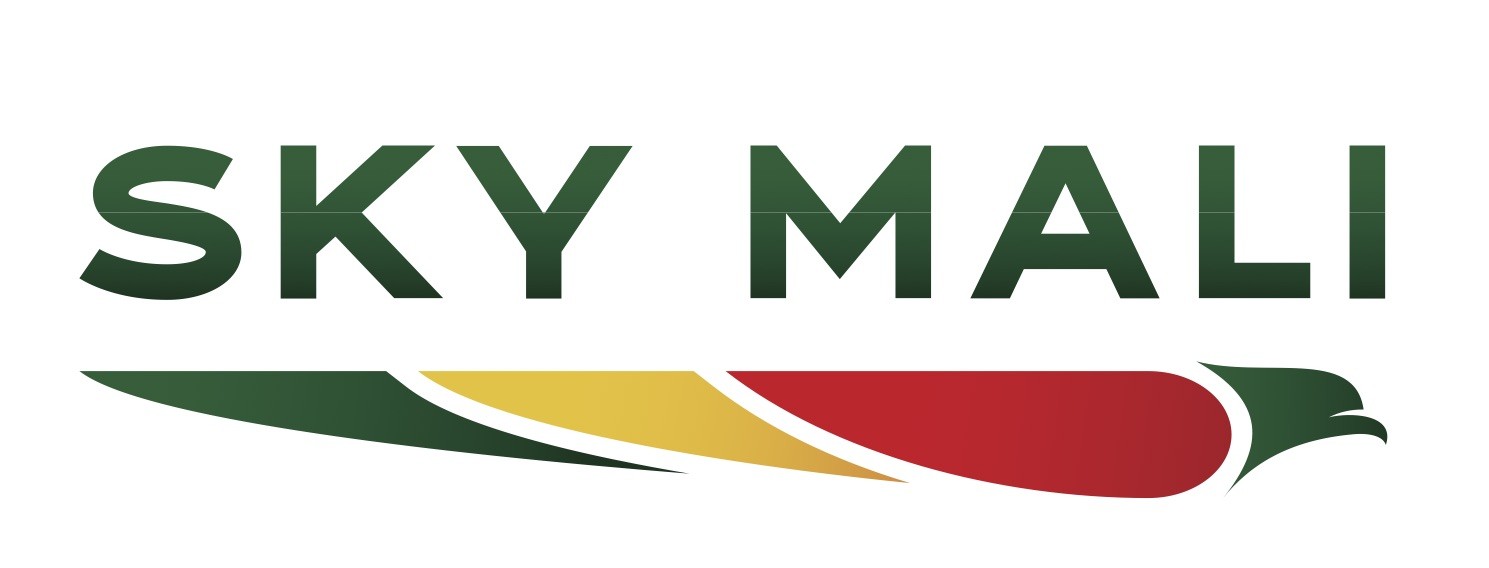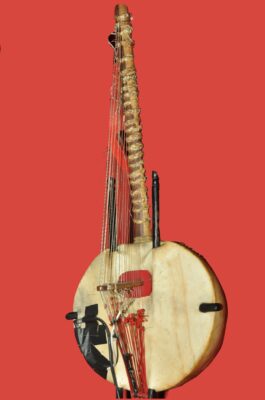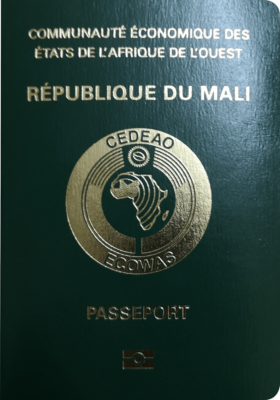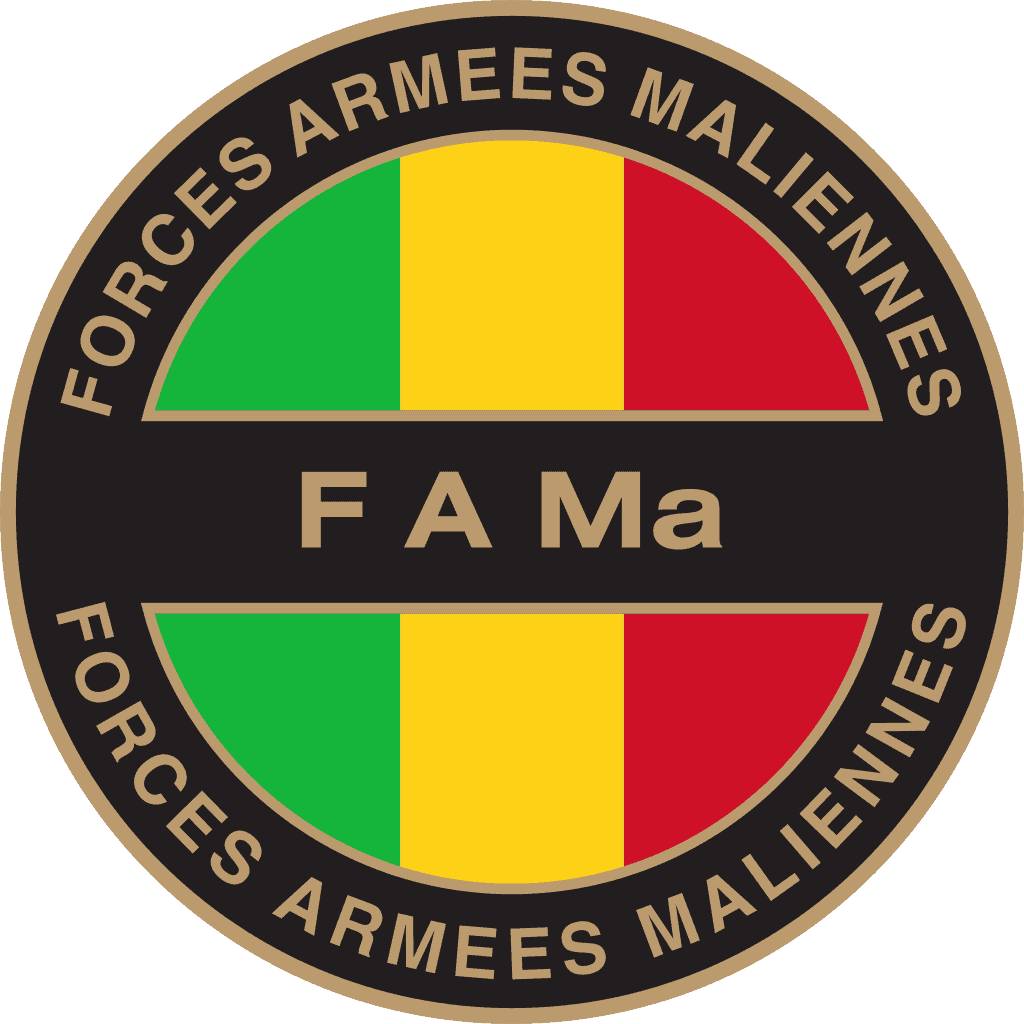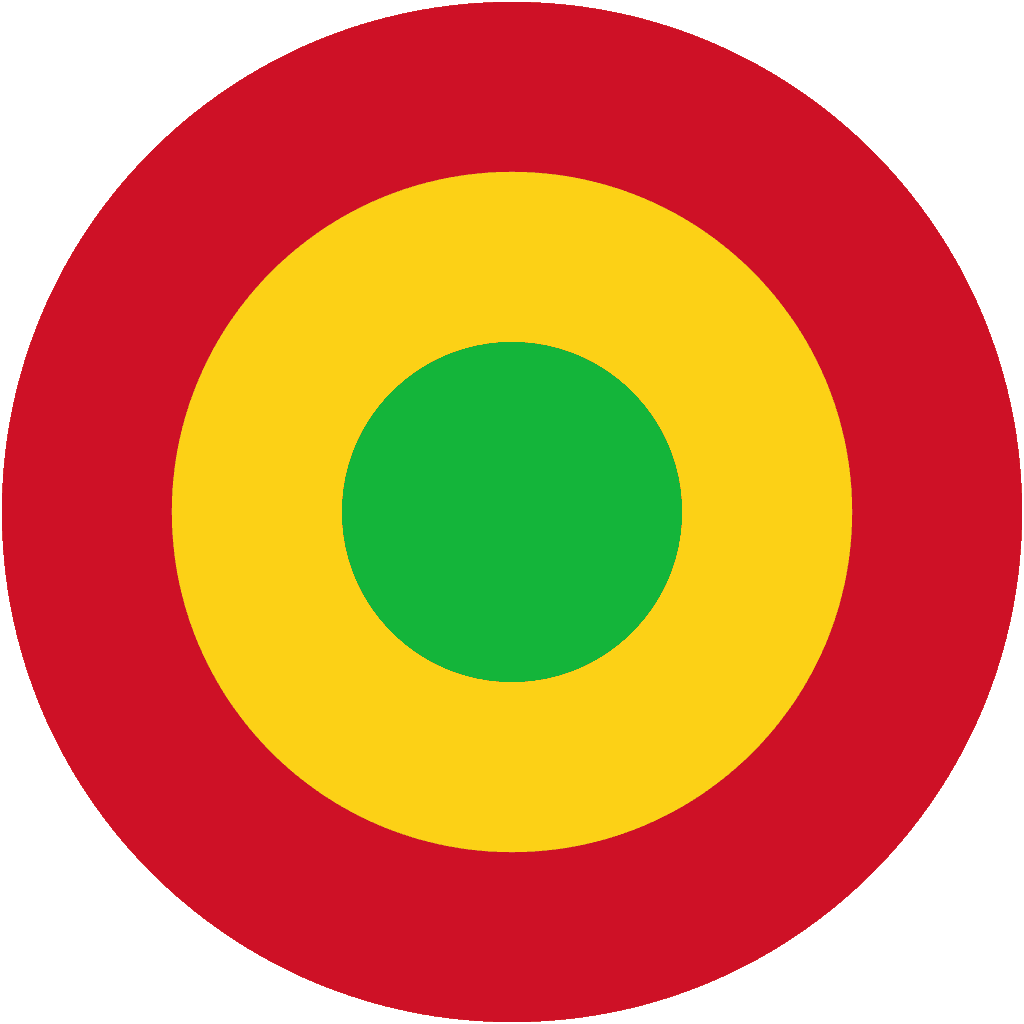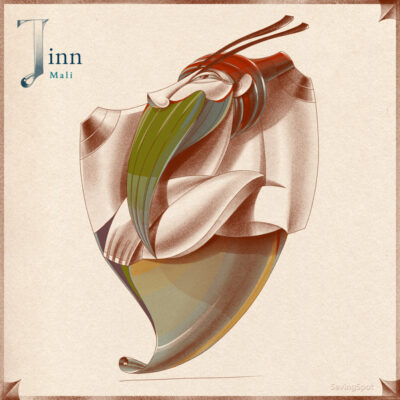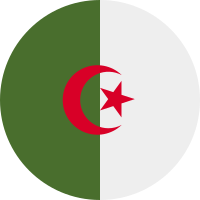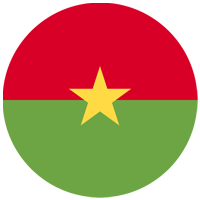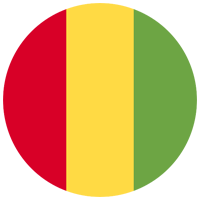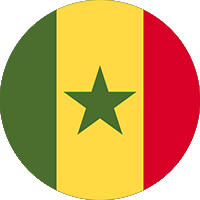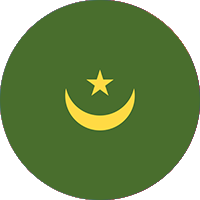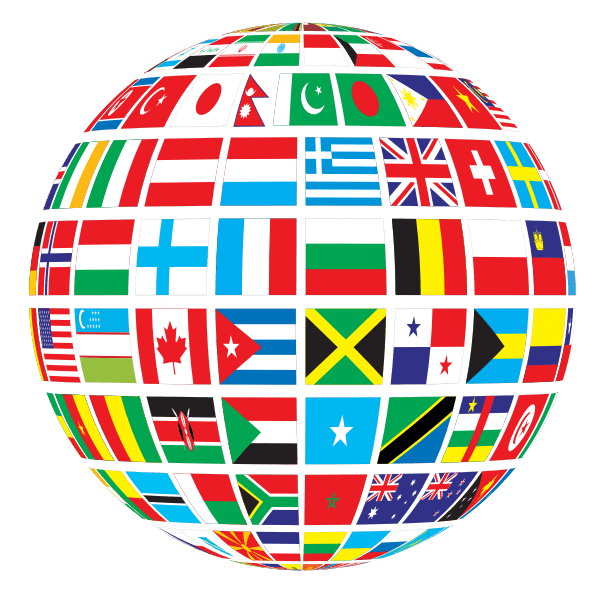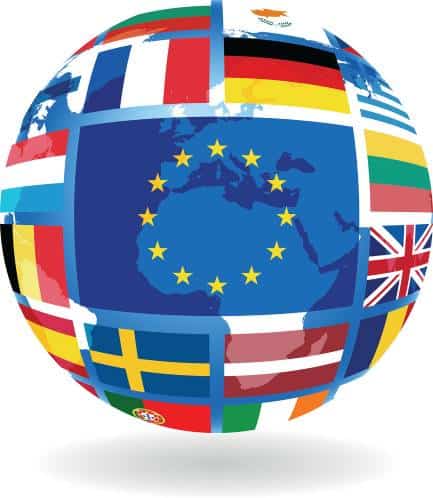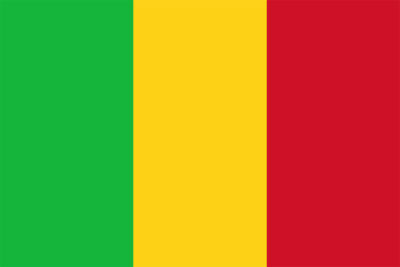National Symbols of Mali
Last updated on March 18th, 2023 by Editorial Staff
Table Of Contents
By | Updated on March 18, 2023
Reviewed by Rittika
Mali is a landlocked country in Africa. The official name of Mali is the Republic of Mali. It shares borders with 7 countries: Algeria, Niger, Burkina Faso, Côte d’Ivoire, Guinea, Senegal, and Mauritania. The people of Mali are called Malians. The country is situated in Interior Western Africa, southwest of Algeria, north of Guinea, Cote d’Ivoire, and Burkina Faso, west of Niger.
Etymology discusses where a term is considered to have originated from and how its meaning has changed over time. Etymology has been a factor in the naming of countries all across the world, and Mali has also been influenced. The etymology of Mali can be defined as; The word mali means “hippopotamus” in Malinké and Bamana.
An ethnicity is a group or sub-group of people who are connected based on common characteristics which may include religion, origin, language, traditions, or culture. The ethnic groups in Mali include Mande, Fula, Voltaic Senufo, and Bwa.
Compagnie Aérienne du Mali is the national airline of Mali. The national colors of the country are green, yellow, and red. The emoji flag of the country is ????????, and the ISO code is MLI.
Mali is known for the famous city of Timbuktu – a UNESCO World Heritage site. The national dish of Mali is Firefinch. Green tea, in addition to being a traditional beverage, is one of the country’s national drinks. The national instrument of Mali is Kora .
The country has the time zone UTC (GMT) followed by dd/mm/yyyy as the standard date format.
Mali is divided into 8 regions and 1 capital district. The capital of the country is Bamako, which is also the largest city in Mali.
The literacy rate in Mali is 33.1%.
The country’s total area is 1,240,192 km² (478,841 sq mi), and the total population is 20,250,833. The country’s average elevation is 343 m (1,125 ft), whereas the country’s terrain can be defined as; Mostly flat to rolling northern plains covered by sand; savanna in the south, and rugged hills in the northeast. The country’s usual climate is subtropical to arid; hot and dry (February to June); rainy, humid, and mild (June to November); cool and dry (November to February).
The West African CFA franc serves as the national unit of currency, and the Central Bank of West African States is recognized as the country’s central bank. The domain for Mali is .ml and the country code is +223.
Museums are known to educate and connect visitors with the nation’s history, culture, civilization, art, and architecture. The National Museum of Malí serves the same purpose and is considered one of the most significant tourist attractions. The National Museum of Malí is home to a large collection of artifacts. It has been designated as the national museum of the country.
The national dress of Mali is the Kaftan, and 22 September is designated as National Day. In Mali, the majority of the population practices Islam as their religion.
Nature is a blessing from God and we must protect it because it provides us with the oxygen and food to survive. It also helps to keep our environment beautiful and clean. To emphasize the significance of nature, Mali has selected a few forces of nature as national symbols. Vulture is both the national bird and animal of Mali, whereas Mango is the country’s national fruit. The highest peak is Hombori Tondo.
Mythical creatures can be found in the literature and mythologies of many different nations. They represent imaginative representations of various creatures, humans, or hybrids. They are known for their specific features, supernatural abilities, and distinctive appearance. The mythical creature of Mali is Jinn.
Sports have always played an important role in developing the social and cultural structure of Mali and other countries. When it comes to designating a sport as the official symbol, Football is considered the country’s national sport.
Poetry is a highly valued form of art, and many poets are considered significant national symbols of the country. The national poet of Mali is Fily Dabo Sissoko.
Sundiata Keita is the founder of Mali. The country’s national anthem was written by Seydou Badian Kouyate, and composed by Banzumana Sissoko.
The country’s national hero is Daba Modibo Keïta.
Numerous organizations are working on a global level to improve the current state of affairs and to collaborate in order to establish and maintain constructive partnerships. Mali is a member of the African Union (AU), Organisation internationale de la Francophonie (OIF), Organisation of Islamic Cooperation (OIC), and United Nations (UN). Mali collaborates with them to organize, analyze, and address various events and situations.
“Un peuple, un but, une foi – “One people, one goal, one faith” is the official motto of the country.
Choguel Kokalla Maïga is the current Prime minister of Mali, and Assimi Goïta (interim) is the President.
Mali has declared French as the country’s official language.
– Further information regarding the symbols and knowledge of Mali can be found in the table of contents –
Country information
Coat of arms
Flag map of Mali
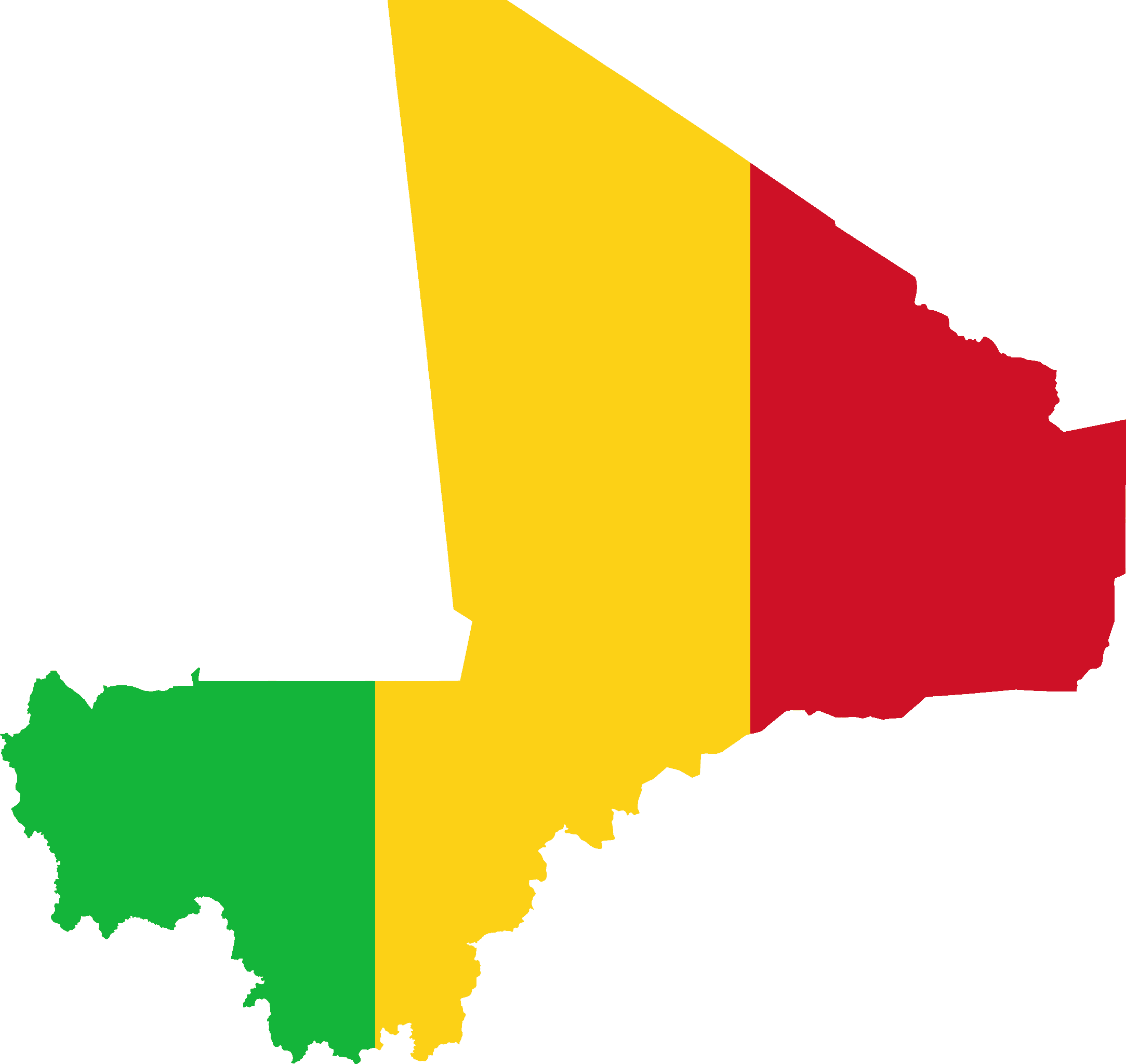
Motto of Mali
Un peuple, un but, une foi - "One people, one goal, one faith"
National animal of Mali
The National animal of Mali is Vulture
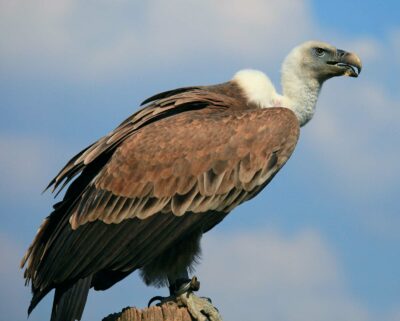
National flower of Mali
The National flower of Mali is Not Declared. Botanical name is .
National bird of Mali
The National bird of Mali is Vulture

Rest of the National symbols of Mali 👇
-
FounderSundiata Keita
-
National dishFirefinch
-
National danceNot Declared
-
National dressKaftan
-
National monumentNot Declared
-
National anthemView Anthem
-
National fruitMango
-
National drinkGreen tea
-
National colorsGreen, yellow, and red
-
National sportsFootball
-
National treeNot Declared
-
National poetFily Dabo Sissoko
-
National mausoleumNot Declared
-
National archivesDirection Nationale des Archives du Mali
-
National museumNational Museum of Malí
-
National libraryNational Library of Mali
-
Central BankCentral Bank of West African States
-
Highest peakHombori Tondo
-
National football teamMLI
-
Tourism sloganN/A
-
Emoji flag????????
-
National airlineCompagnie Aérienne du Mali
-
National instrumentKora
-
National heroDaba Modibo Keïta
-
Olympics CommitteeComité National Olympique et Sportif du Mali
-
PassportPassport of Mali
-
ArmyMali Army
-
Air ForceMalian Air Force
-
Mythical CreatureJinn
Neighbouring countries of Mali
Malian Proverbs - Popular quotes, proverbs and sayings.
Slowly but surely the excrement of foreign poets will come to your village. When mosquitoes work, they bite and then they sing. One finger can’t pick up anything. A woman who offers sex to everyone will get kicked by everyone. A man is what he thinks. A rooster is not expected to crow for the whole world. Do not try to cook the goat’s young in the goat’s milk. A village without a leader is destroyed by a single enemy. You cannot wage war without the sound of gunpowder. May Allah cool his resting place. If you’ve nothing to do, dig a spinster’s grave. One does not give without a motive. If you travel with donkeys for many years, you won’t be able to speak like a donkey, but you will know all their paths. When the donkey dies, the farting will stop.
